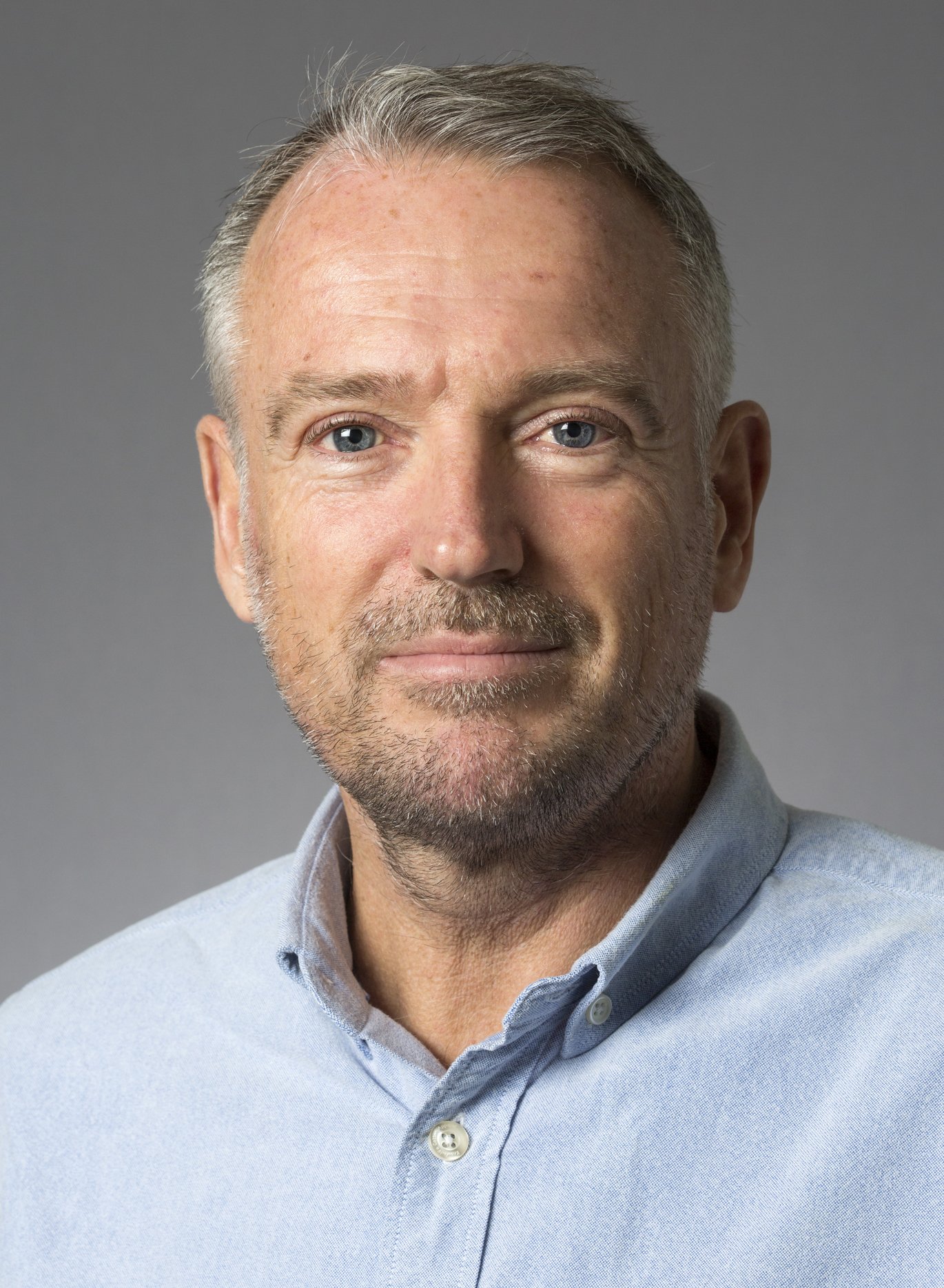A new project in Nykjær Lab will explore the brain's ability to forget
A new research project will investigate how the brain forgets—an essential yet often overlooked function. The study aims to shed new light on conditions such as PTSD, where the ability to let go of traumatic memories is impaired. A grant of DKK 11,3 million from the Novo Nordisk Foundation has made the project possible.

Forgetting is often associated with failure or decline, but according to researchers, it is a crucial function for a healthy and flexible brain.
“The ability to forget is a vital physiological function—not a flaw, but a feature of how the brain works. It is required to filter out irrelevant or outdated information which, we need to update knowledge and adapt our behaviors for example such as making sound decisions” explains Professor Anders Nykjær, who is leading the new research project as the head of the Centre of Excellence, PROMEMO.
There are already several examples of mental health disorders where the brain’s ability to forget is impaired. One clear example is PTSD, where patients often struggle with intrusive and unwanted memories they cannot let go of, even many years after the original traumatic experience.
“Perhaps less considered is also the importance of forgetting for mental health since it maintains and prevent the pathological impact of emotional impact of negative or traumatic experiences over time. One clear example is PTSD, where patients often struggle with intrusive and unwanted memories they cannot let go, even many years after the original traumatic experience. In these patients, we see how the brain holds on to certain memories in an almost unbreakable grip. This suggests that something in the system, which would normally help us let go, is not functioning properly,” says Professor Nykjær.
Focusing on a specific receptor involved in erasing memories
Thanks to the major funding from the Novo Nordisk Foundation, his team will now be able to investigate how the brain forgets—and what goes wrong when it can’t.
The researchers will focus in particular on a brain receptor, which is believed to play a key role in helping the brain weaken or erase old memories. The gene that encodes this receptor has recently been linked to PTSD and other mental health conditions. In mice lacking this receptor, researchers have observed an unusual pattern: the animals can learn and store memories as normal, but they struggle to forget.
Pave the way for the development of new treatments for PTSD
Professor Nykjær’s team will use advanced techniques to closely study this receptor and its role in the process of forgetting. Their goal is to understand how the brain actively clears out certain memories to make space for new ones—a process known as cognitive flexibility.
“Understanding this process could give us crucial insights into how forgetting works at a molecular level—and potentially open the door to new treatments for mental health conditions where the brain’s forgetting mechanisms are impaired,” says Professor Anders Nykjær.
The project has been made possible thanks to the Novo Nordisk Distinguished Investigator Grant, which provides 11.3 million DKK over the next five years.